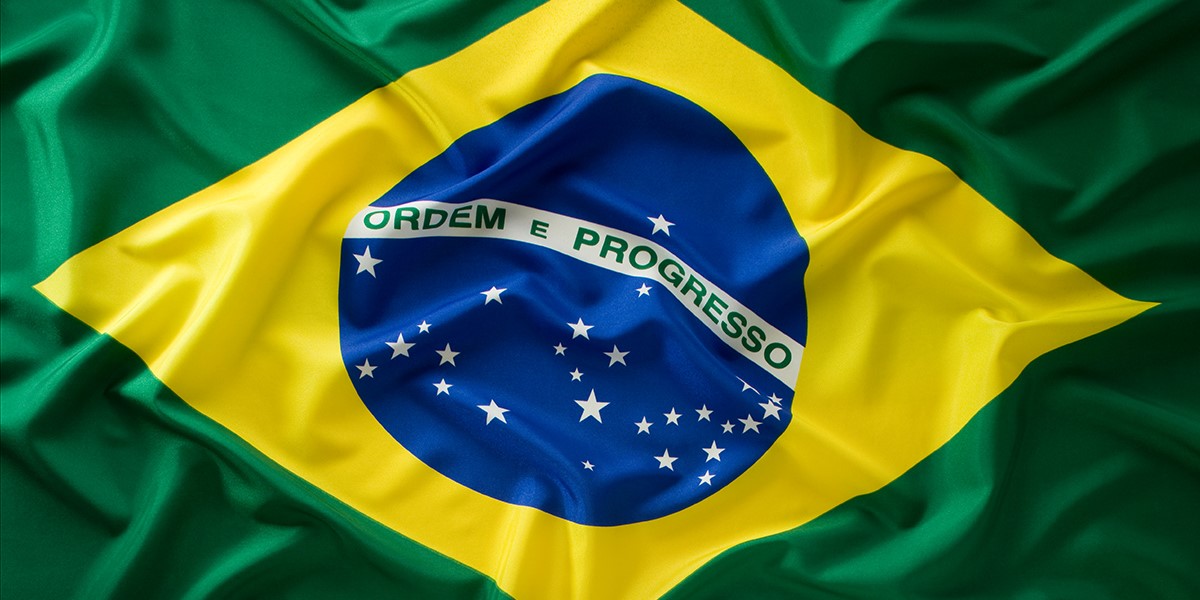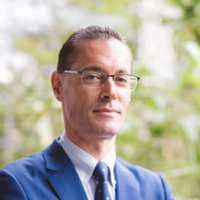Gino Delaere is master in Applied Economics (University of Antwerp) and holds an MBA (Xavier Institute of Management in Bhubaneswar, India). For over two decades he has been specializing in emerging markets worldwide and traveling the world looking for interesting investment opportunities. Previously he worked for several large asset managers where he was actively involved in several thematically inspired equity funds. He joined Econopolis in 2010 and in his current role he is co-responsible for managing the emerging markets and climate funds.
Brazil will create the “Amazon Council” to protect and develop the rainforest

At the end of 2018, Jair Bolsonaro was elected as the new president of Brazil. The election of Bolsonaro, sometimes called the “Trump of Brazil”, was seen as a shift to the far right and in fact one of the most radical political changes in decades. He certainly is a very controversial figure who exalted the country’s military dictatorship, advocated torture and threatened to destroy, jail or drive his political opponents into exile. Still, he managed to win the presidential elections by tapping into a deep well of resentment at the status quo in Brazil: a country whiplashed by rising crime and two years of political and economic turmoil. His promise was that he would change all of that and bring much needed change.
The benefit of the doubt
Pleasing investors, Bolsonaro’s economic team, led by Paulo Guedes, was packed with several so-called “Chicago boys”, a group of pro-market Brazilian economists who would be in charge of fixing the fiscal imbalances of the region’s largest economy. Paulo Guedes was indeed a man very much liked by financial markets, having co-founded Banco Pactual, which later became BTG Pactual, once Brazil’s largest homegrown independent investment bank. So financial markets were willing to give Bolsonaro and his team the benefit of the doubt. Many were also thinking that he was the lesser of two evils and who knows, maybe for once this was a politician who was going to do what he had promised.
Much needed reforms
The high costs of Brazil’s pension system are the main cause of its huge budget deficit. Brazil's public finances have also been further hit by weak growth and falling tax revenues, making savings imperative. That’s why structural reforms were absolutely necessary, but pension reforms have been attempted by past governments over the past 30 years and they had all failed. Bolsonaro promised he would deliver… and what many had considered impossible… he did. At the end of last year, Bolsonaro’s proposed -watered down- pension reform was finally passed. The approval of the bill was a major victory for the president after decades of failed attempts to reform Brazil’s social security system. Had it not been passed, public debt would have skyrocketed.
Global outcry
Brazil contains about 60% of the Amazon, the world’s largest rainforest. Several million plant, animal and insect species live in the Amazon, and it acts as a huge carbon sink which helps to cool global temperatures. Last year, an increase in people illegally clearing land for agricultural activities and a decrease in the enforcement of environmental laws, led to a tremendous surge in fires in the Amazon. When Bolsonaro was first asked about this increase in fires, he accused environmental groups of starting some of the fires in order to embarrass his administration. But then the world started to take notice, prompting a global outcry. But Bolsonaro doesn’t seem like the kind of person who likes to be told by other people, especially other countries, how he should run his own country. So he didn’t really do anything about it and the outrage by the international community continued.
Shift in environmental policy
Then Bolsonaro’s administration slowly started to understand that the failure to protect the environment might actually be bad for business as it might lead to a reduction of foreign investment into Brazil. And that’s something that should be avoided. So at the start of 2020, the Bolsonaro administration indicated that it would take environmental protection more seriously. On January 21, he announced he will create an “Amazon Council” to protect and ensure the sustainable development of the world’s largest rainforest. The council will be led by Brazil’s vice-president General Hamilton Mourao and will coordinate “diverse actions within each ministry focused on the protection, defense and sustainable development of the Amazon.” The General is known for his pragmatic views, which is a positive change from the more ideological members of the administration. He will also be responsible for coordinating the newly created Environmental Police Force, which will use military forces to protect the environment. Details still lack and it remains to be seen how this will be put into practice, but one can only hope that Bolsonaro will tackle this as successfully as he did with the pension reform.
The times they are a changin’
One should not underestimate how Brazil’s democracy has suffered from corruption over the past couple of decades. Old habits die hard and there’s a lot of vested interests who rather keep the status quo instead of implementing changes for the good of the country. The controversial Bolsonaro said he would come to the rescue and although Brazil is slowly getting out of its worst economic crisis in decades, he has made some clear progress. The landmark pension reform is probably the best example so far. Now he claims he wants to do a better job at protecting the environment. This sounds just as challenging. It’s probably a good idea to remain very skeptical about these plans until we see some independently verified results, but maybe we should give him the benefit of the doubt for the time being and hope that he will deliver on this promise as well.
